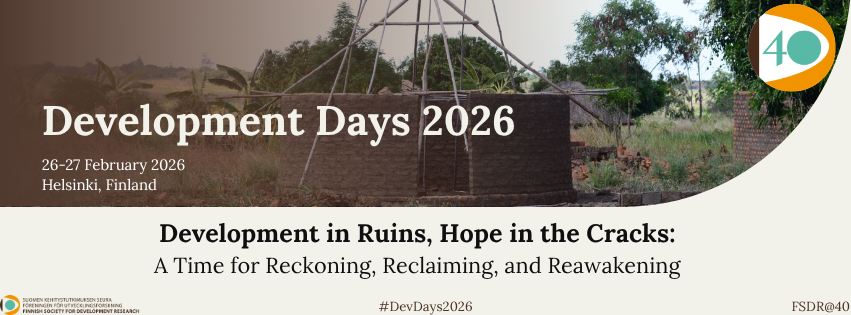Pedagogy of Resistance: Social Movements, Popular Education, and Transformative Learning
Sub-theme: 3. Reawakening Consciousness: Theories and Pedagogies for Transformative Futures
Working Group Description:
This working group explores education as a site of political struggle, consciousness-raising, and collective transformation. From the Zapatista autonomous education systems in Mexico to teacher movements challenging state curricula in Oaxaca, from Paulo Freire’s enduring legacy to contemporary climate justice pedagogies, we examine how learning becomes both resistance and prefiguration of alternative worlds. There are significant initiatives from the global south for transformative learning.
In contexts where dominant educational systems reproduce colonial hierarchies, economic inequalities, and environmental destruction, social movements are creating autonomous pedagogical spaces that centre Indigenous epistemologies, community sovereignty, and collective well-being. These educational practices challenge the development apparatus itself—rejecting linear progress narratives, individual advancement metrics, and the externalization of nature—while cultivating critical consciousness and equipping communities for ongoing struggles.
This working group addresses the intersection of education and resistance across three
interconnected dimensions:
Pedagogies of social movements: How do movements use education for mobilization, consciousness-raising, and building alternative institutions? What learning processes emerge from struggles for land, territory, autonomy, and dignity?
Indigenous epistemologies and decolonial education: How are communities integrating traditional knowledge systems, languages, cosmovisions (such as Buen Vivir), and environmental stewardship into educational frameworks? What does transformative learning look like when rooted in non-Western ontologies?
Educator movements and institutional struggle: How do teacher unions and educator collectives navigate tensions between state control and community needs? What role do teachers play as agents of social transformation, and how do they build pedagogical autonomy within or against state institutions?
We welcome diverse contributions: ethnographic case studies, participatory action research, theoretical reflections, activist testimonies, and comparative analyses. Presentations may include traditional papers, multimedia formats, participatory workshops, or roundtable discussions. We particularly encourage contributions from Indigenous educators, movement practitioners, popular educators, and researchers engaged in solidarity-based collaborative work.
Format: Panel presentations, participatory workshops, activist forums
